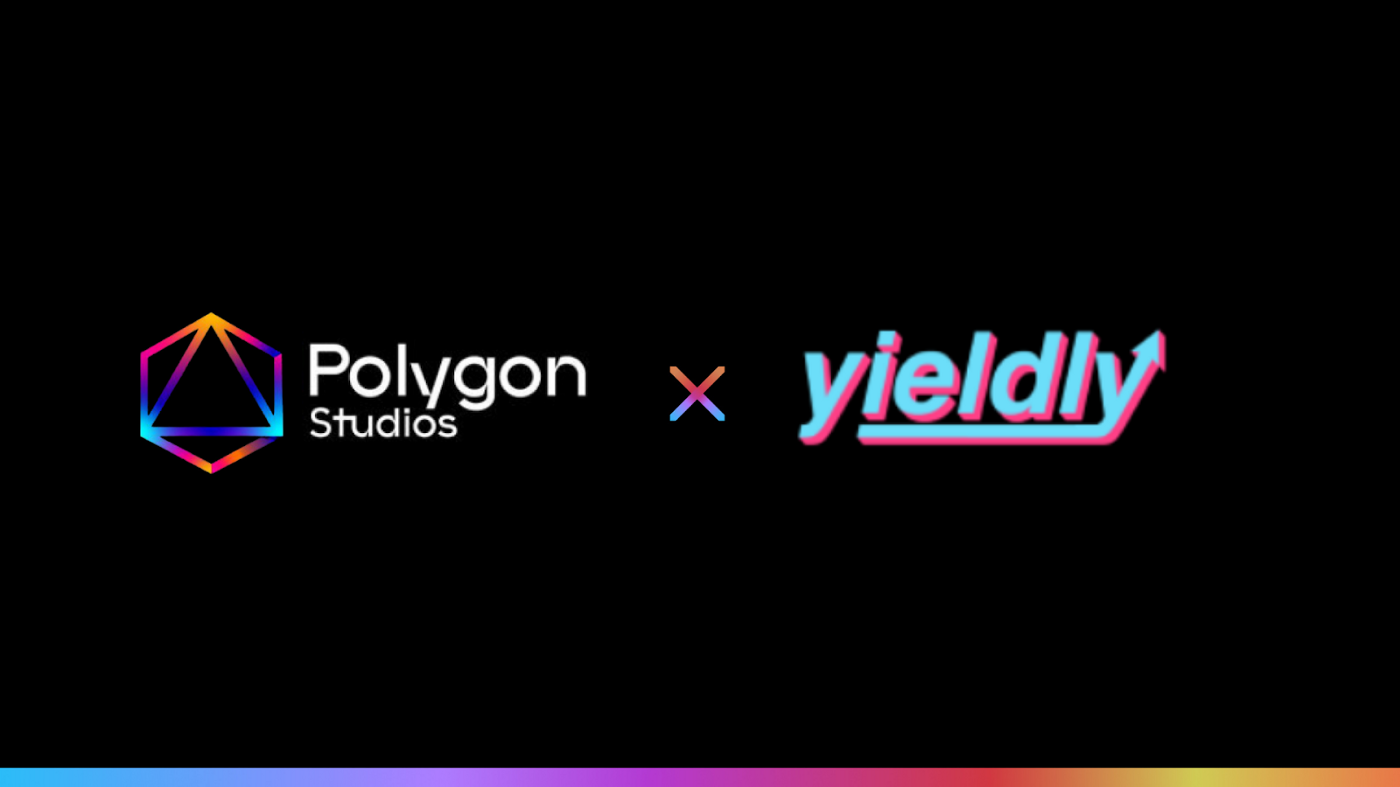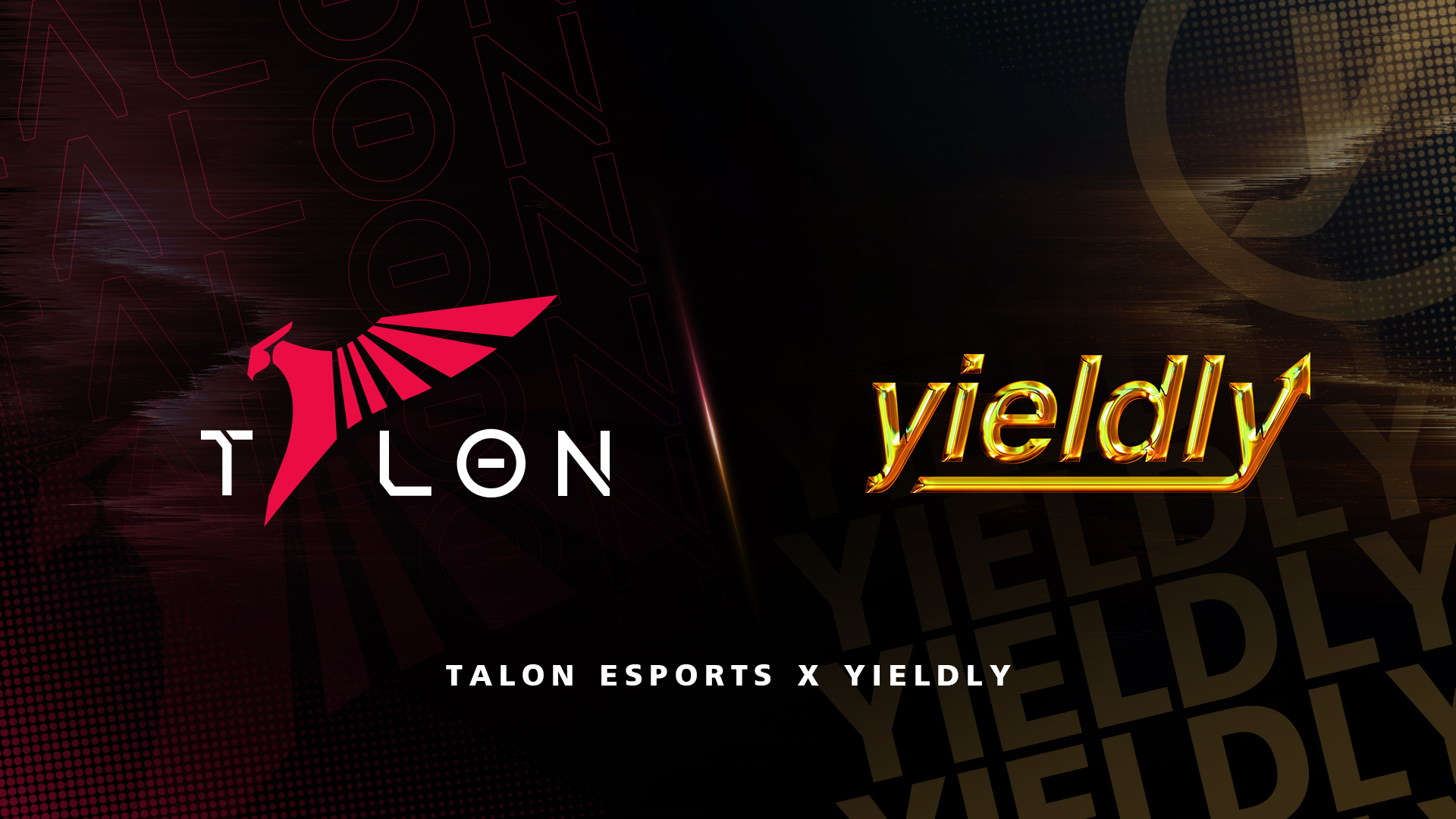On December 13th, decentralised finance suite Yieldly announced an esports-focused NFT marketplace called Yesports.gg, with the help of Polygon Studios.
According to the release, the project was awarded a grant from the $100m gaming-centred NFT fund Polygon Studios founded in July. The Yesports.gg marketplace aims to offer ‘a wide range of exclusive content and NFTs for video game enthusiasts’.
Polygon Studios, the gaming and NFT arm of cross-chain Ethereum-compatible protocol Polygon, will also contribute to the partnership by ‘maintaining a streamlined NFT process with minimal gas fees’.

RELATED: Bridging opposing schools of thought on NFTs in esports
In an interview last week with Esports Insider, Yieldly CEO Sebastian Quinn spoke about the platform’s roadmap and alluded to very interesting developments in the esports and crypto space if all things go according to plan in 2022.
During the interview, Quinn said that the project was in its very early stages and had just completed its investment rounds specifically for the esports-focused NFT marketplace/metaverse. A proper landing page for Yesports.gg should be expected to be live before Christmas — at the time of publication, the website is password protected.
On a previously-public beta version of Yesports.gg, ‘NFTs’ from Talon Esports, BOOM Esports, and Fact Revolution could be seen — with whom official partnerships were announced this summer — as well as MAD Lions, LOUD Esports, ‘Team SMG’, ‘Team Empire’, and ‘TBC Team’ listings.
This could be a hint of soon-to-be-announced partnerships, however it is more likely that the listings were just placeholders on the platform’s mock-up, as each profile featured the same copy: “X is a League of Legends team and back-to-back winner of the LEC. Fueled by a passion for life and gaming.” Only MAD Lions would fit that description.

RELATED: FaZe Clan names MoonPay as official cryptocurrency and NFT partner
Quinn said Yieldly is in ongoing discussions with a number of esports organisations in the CIS region, Europe and North America, and that announcements of future partnerships could be expected. Citing OG Esports’ successful NFT drops — reportedly amassing almost $1m according to former ESI Editor Adam Fitch for Dexerto — Quinn said that the platform saw increased interest from organisations inquiring about the possibilities of NFTs and activating their fans.
Through workshopping with organisations about the possibilities, which can range from fan tokens and associated experiences, tiered-access on official Discord servers and digital esports merchandise — the inspiration of a (de)centralised esports NFT marketplace was formed.
Talks quickly escalated to the metaverse and the virtual arms race to build virtual experiences for its early adopters. Dozens of visions of metaversal esports facilities or clubhouses that fans could visit and interact with were dreamed up.
“Very quickly we realised that the problem is not specific to any one team or that interest is not specific to any one team,” Quinn told Esports Insider, “but very much something that is on the minds of a lot of teams that we’ve dealt with. And so we sort of realised that instead of building a bespoke product for one product or one team, why not just make a platform to allow teams to modularise their engagement with fans in a metaverse setting?”
RELATED: Demystifying cryptocurrency in esports: the background | Part 1
While OG’s fan token was a massive story this year, the speed of the esports industry combined with the ferocity of the blockchain community’s Web3 development efforts mean that such fan tokens or generative avatar art NFTs will have a harder time turning heads next year. Especially with the amount of investment into developing the blockchain-gaming and NFT space, new projects and platforms are likely to flood the market in 2022.
In just December, Solana Ventures introduced a $150m fund for crypto games, as reported by former ESI writer Andrew Hayward for Decrypt. Binance and Animoca Brands also jointly invested $200m — both with fingers in esports pies, the latter has invested in both Talon Esports and Veloce Esports. Moreover, Gala Games with C2 Ventures put forth another $100m into the vertical.
It’s likely Yesports isn’t going to be the first project born out of the many hundreds-of-millions being invested into the space, though it’s likely hoping to be one of the first across the line.
Quinn said that according to Yieldly polling, approximately one-third of esports fans surveyed currently hold cryptocurrency. With this statistic in mind, the road to creating a blockchain-built metaverse — starting as an NFT marketplace that resembles in-game shops — is so synonymous with the games-as-a-service model that it doesn’t feel like such a stretch.
Yesports.gg plans to have a metaverse product out by Q2 next year, built on Unity, with crypto wallet compatibility. According to Quinn, at least one un-named organisation has already invested months with a full-time design team building out what its metaverse presence is going to look like.
The metaversal arms race seems to be well underway, and if Yesports has anything to do with it, esports’ digital identity will have its own little corner to show off NFTs and interact with esports organisations by spring 2022.
Subscribe to ESI on YouTube

